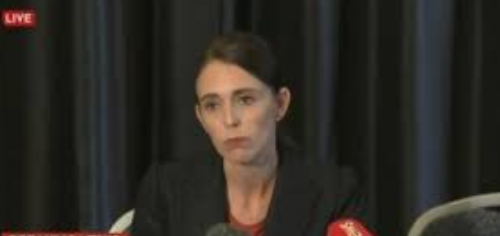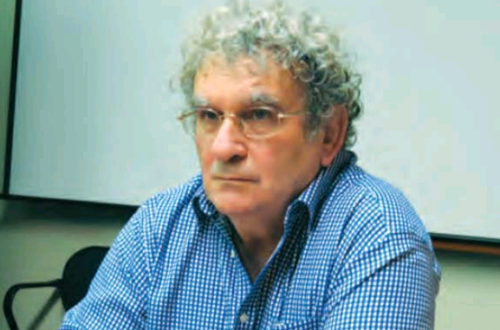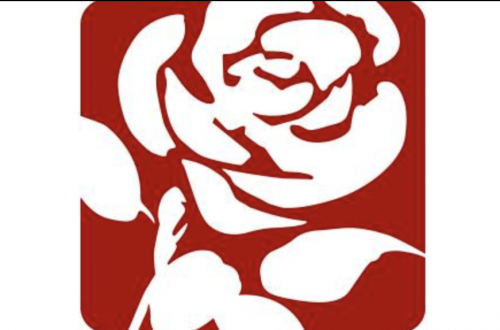This is a guest post by Peter Tatchell
Azerbaijan won this year’s Eurovision song contest, held in Germany on Saturday 14 May. This means it will host next year’s event, despite the country’s poor human rights record on all fronts.
It restricts religious and media freedom, suppresses peaceful protests, tortures political prisoners and jails opposition activists on trumped up charges. Earlier this month, Jabbar Savalanli, a member of the opposition Popular Front Party, was jailed for two and a half years on bogus drug charges. Nine journalists and bloggers are currently in prison for expressing dissident opinions.
Eurovision has a huge gay following. But Azerbaijan is not a welcoming or safe country for lesbian, gay, bisexual or transgender (LGBT) people, according to the International Lesbian and Gay Association – Europe.
Although homosexuality was decriminalised in 2001, the LGBT community suffers police harassment and brutality, including bashings, blackmail, intimidation, bribery and invasions of privacy. LGBT people risk eviction from their homes and dismissal from their jobs. They have no legal protection against discrimination. Homophobic prejudice, threats and violence are systemic problems.
At the very least, the Eurovision organisers must seek guarantees from the Azerbaijani government that it will respect human rights, that visitors to next year’s competition will not be victimised and that domestic and foreign media covering the event will be able to report freely, without harassment.


